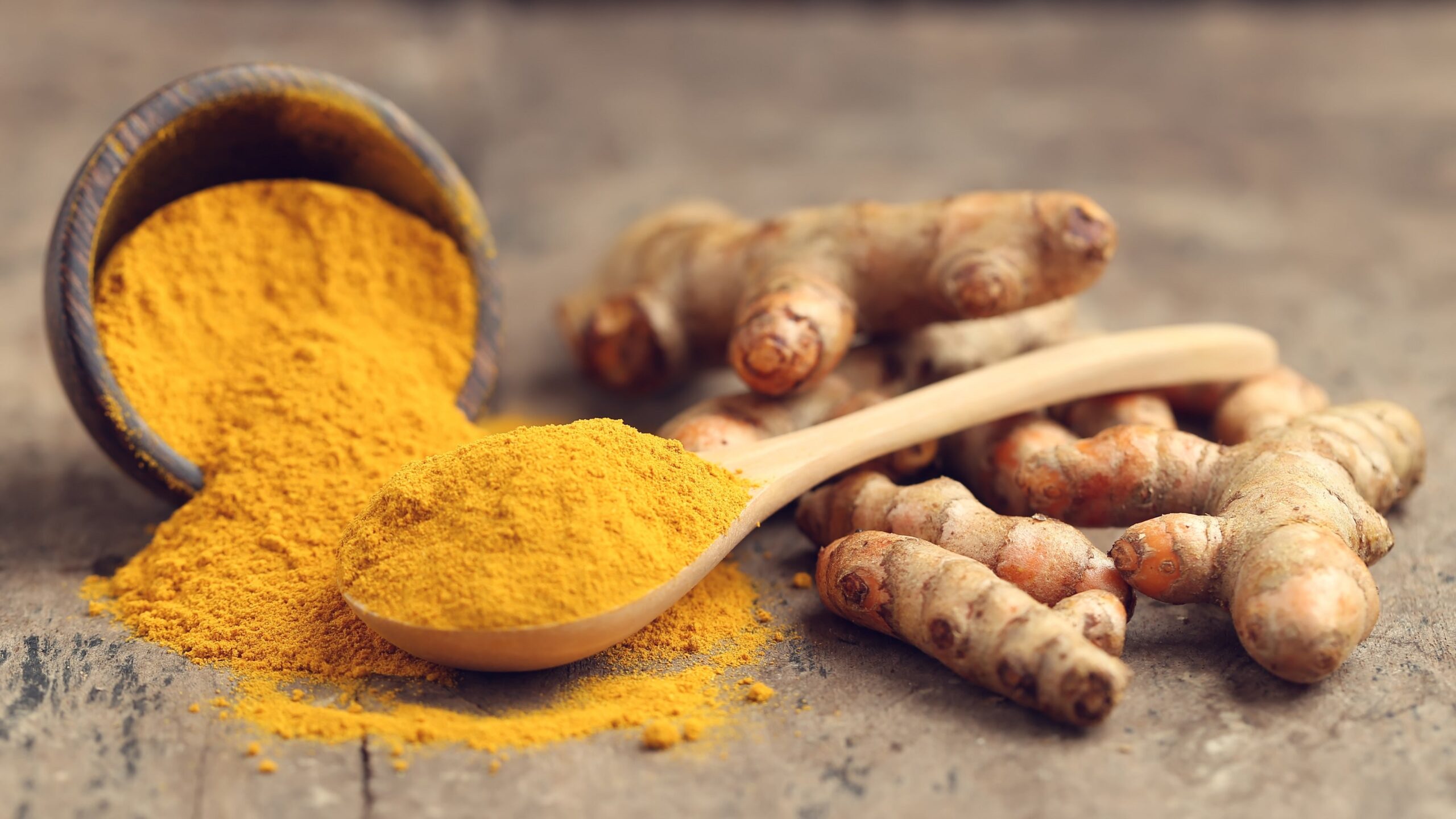If you’re a keen cook, you probably have turmeric and black pepper in your kitchen and will have added them to curries or stews in the past. But did you know some people like to take these ingredients as a supplement to help with digestive problems and chronic pain? Read on to find out more.
What are turmeric and black pepper supplements?
Turmeric and black pepper supplements are a type of herbal medicine believed by some people to have certain health benefits.
Turmeric is a plant that has been used in traditional medicine for centuries. It contains a substance called curcumin, which is said to have a number of beneficial effects for the body. Some people take turmeric on its own, but others take it with black pepper, as this is thought to help the body absorb more curcumin.
Though turmeric remains a popular treatment in traditional medicine, there’s not enough clinical evidence to support claims about its health benefits. This is why turmeric and black pepper supplements are not approved as a medical treatment by the NHS.
##cta##Shop turmeric
What are turmeric and black pepper supplements made from?
These supplements tend to come in capsule form, and combine three ingredients:
- Turmeric powder – derived from turmeric root
- Black pepper powder – derived from black peppercorns
- Edible capsule shell
They tend to be suitable for vegetarians and vegans, as they aren’t usually made with any animal products.
Many turmeric and black pepper supplements are also organic. A good way to check if a product is organic is to look for the Soil Association Organic logo – this means that a product is made from 95% organic agricultural ingredients.
What are the potential health benefits of turmeric and black pepper?
According to traditional medicine, the curcumin in turmeric has the following potential health benefits:
- Reduces inflammation
- Relieves pain
- Aids with digestive problems
Some clinical studies have indicated that turmeric has health benefits, but more research is needed as there’s not enough scientific evidence for bodies like the NHS to approve it as a medical treatment.
If you’re thinking about taking turmeric to help with chronic pain or gut health, it’s a good idea to speak to your GP first – especially if you aren’t sure what’s causing your symptoms.
Chronic pain and swelling felt in the joints might be a sign of arthritis. Digestive problems like bloating, diarrhoea, and stomach cramps could indicate irritable bowel syndrome (IBS).
Whatever your symptoms, speaking to your GP should help you get a diagnosis and receive some NHS-approved medication.
Can you benefit from cooking with turmeric and black pepper?
Cooking with turmeric and black pepper is a great way to add spice, flavour, and colour to a dish.
However, recipes tend to call for very small amounts of these ingredients, which means cooking with them is unlikely to have any impact on your health – whether positive or negative.
Where can I get turmeric and black pepper supplements?
Right here at LloydsPharmacy.com. Alternatively, you can pop into your local pharmacy, or find turmeric and black pepper supplements at a health food shop.
When searching for herbal remedies like these ones, it’s best to buy from a trusted retailer. The NHS also recommends looking for the THR (traditional herbal registration) marking on the packaging.
If you don’t recognise the name of an online retailer selling medicines and herbal remedies, it’s best not to buy from them. You can check whether a pharmacy is registered at the General Pharmaceutical Council website.
##product-carousel:nutri-within-turmeric-500mg-365-capsules,nutri-within-organic-turmeric-and-black-pepper-365-capsules,natures-bounty-turmeric-500mg,healthspan-turmeric-with-bioperine®,pukka-organic-turmeric-active-60-capsules,healthspan-turmeric-glucosamine-joint-support-60-tablets,pukka-organic-wholistic-turmeric-60-capsules,betteryou-turmeric-oral-spray-25ml,healthspan-turmeric-omega-3-30-capsules##
How much turmeric and black pepper should I take daily?
The golden rule is that you shouldn’t take any more than is recommended on the label that comes with your supplements.
Who shouldn’t take turmeric and black pepper?
According to this guide from the NHS, turmeric and curcumin shouldn’t be taken by people who have any of the following:
- Obstruction of the bile duct
- Cholangitis
- Liver disease
- Gallstones
Turmeric can also negatively interact with some prescription medications and may cause strong side effects in people who are immunosuppressed, or having treatment for cancer.
For this reason, it’s a good idea to double check with your GP before you start taking these supplements.
What happens if I take too much turmeric and black pepper?
Taking too much turmeric can sometimes cause side effects such as:
- Constipation
- Diarrhoea
- Heartburn and indigestion
- Nausea and vomiting
- Stomach ache
This is why it’s important not to take more than the recommended dose on the label or pack.
Browse our turmeric range
If you’re interested in trying turmeric, but you don’t want to take it as capsules or tablets, there are a few other options available from LloydsPharmacy. Turmeric also comes as a tea, oil, and spray.
References
www.healthline.com/nutrition/turmeric-and-black-pepper
www.soilassociation.org/certification/food-drink/preparing-my-business-for-organic-certification
www.nhs.uk/conditions/herbal-medicines
www.versusarthritis.org/about-arthritis/complementary-and-alternative-treatments/types-of-complementary-treatments/turmeric
www.sps.nhs.uk/articles/considering-the-safety-and-interactions-of-turmeric
Source link

Leave a Reply